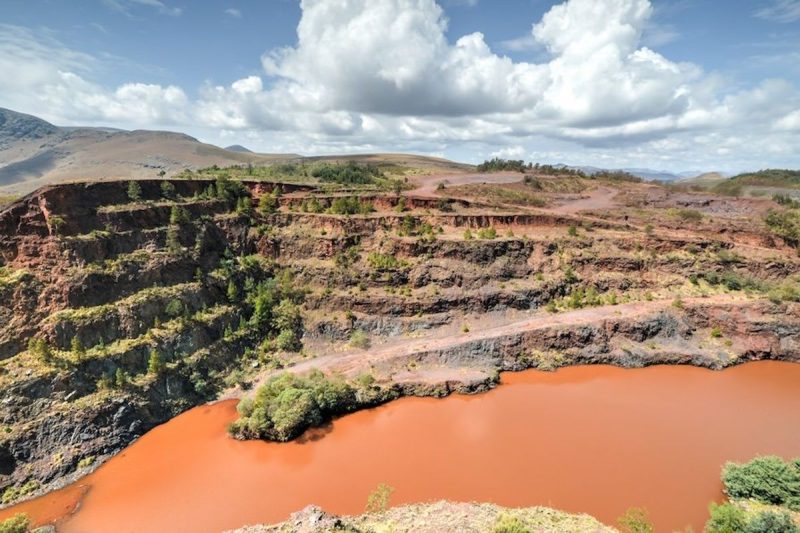
From the Bronze Age to the Green Revolution: Mining’s Timeless Role in Shaping Humanity’s Future
Mining is one of the oldest industries on Earth. With activity stretching back as many as 40,000 years, human advancement is closely correlated to our relationship with metals and minerals.
Indeed, modern society has been made possible through the extraction of metals and the ages this work has ushered in, from the historic Bronze Age to the more recent Industrial Revolution.
Now, 54 years after the inaugural Earth Day, the world is preparing for the green energy transition. And as this essential shift moves forward, metals are again playing an integral role in achieving the ambitious goals set globally.
During his presentation at the annual Prospectors & Developers Association of Canada convention, mining industry figure Mark Cutifani recounted the role the mining sector has had in humanity’s past and will play in its burgeoning future.
“I’m focused on how we might catalyze new conversations around mining and its contribution to society,” he told listeners at the annual event, which took place in early March. “It is through our great pioneers and innovators that we continue to transform our work, and its value to society in so many different dimensions”
In simple terms, everything we use and make is derived from materials like metals and minerals, noted Cutifani.
Minerals used in electric cars compared to conventional cars.
Chart via the International Energy Agency.
In his view, while technical discussions about improving industry practices are essential, it’s also crucial to help people understand the significance of the mining industry in the functioning of society as a whole.
For example, the average smartphone uses 13 metals and minerals, while electric vehicles require seven, including copper, lithium, nickel, manganese, cobalt, graphite, zinc and rare earths.
Mining’s key role in the world’s future
Cutifani went on to highlight how metals and minerals contribute to the health of our waterways and oceans.
“The provision of clean water is an absolute necessity to sustain life as we know it. We need minerals to purify, pump, use and recycle water. (We are) an industry that uses about 3 percent of the world’s water to support everything else that happens on the planet. We are overwhelmingly a positive for global water balances,” he said.
In addition to water, the mining of phosphate and potash is imperative to global food supply, according to Cutifani, because without the valuable fertilizers they produce, “we could only feed half the planet.”
Even though there may be debates about eliminating certain products like fertilizers, he said it’s essential to understand the broader implications and consequences of such decisions on global food security.
Beyond food security, metals and the alloys they produce have allowed us to curb urban sprawl through skyscrapers and high-rise residential towers that require steel and concrete, both of which are produced using mined and quarried materials. While we often hear of the vast amounts of metals needed for the energy transition, Cutifani noted that the energy transition debate tends to overlook other critical global issues like water, food security and shelter.
In his view, addressing global challenges will require the consideration of all fundamental human needs. It’s essential to broaden the conversation and recognize the interconnectedness of various societal issues.
Securities Disclosure: I, Georgia Williams, hold no direct investment interest in any company mentioned in this article.
